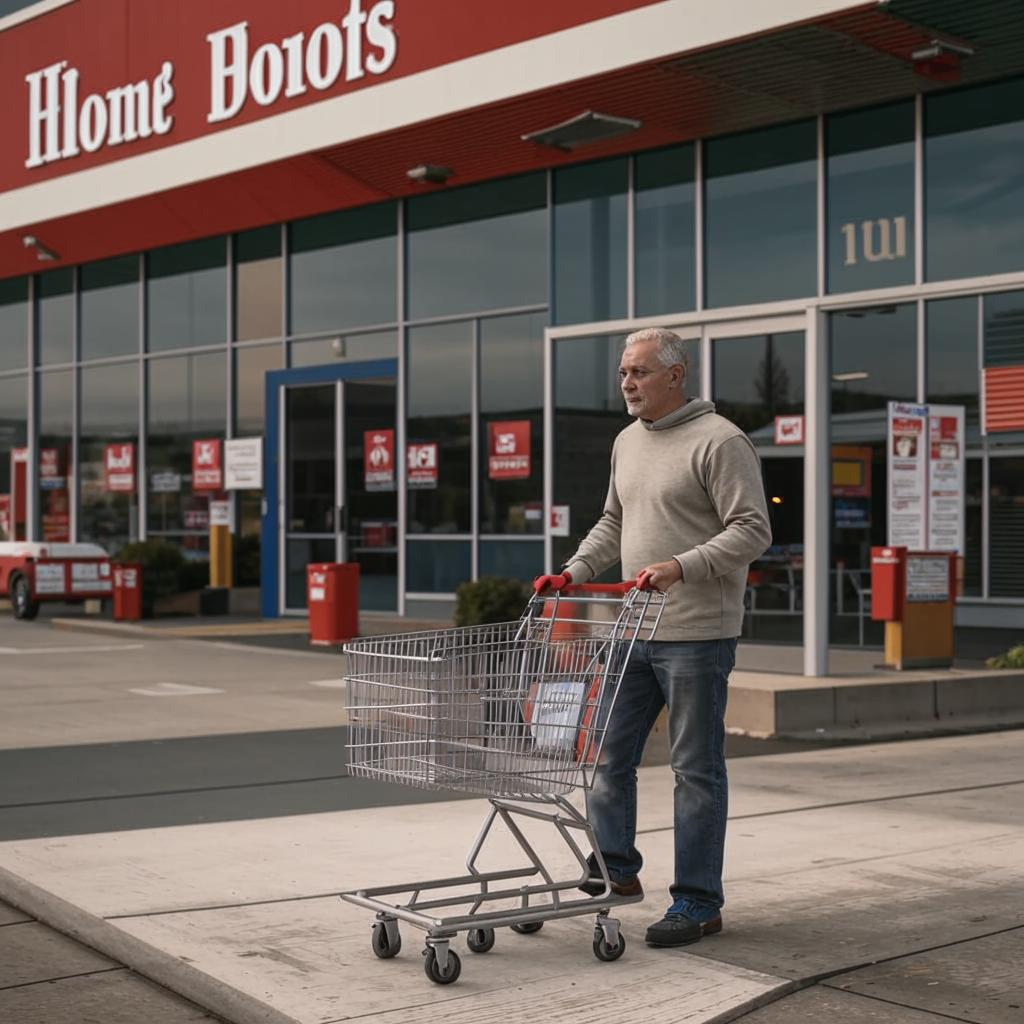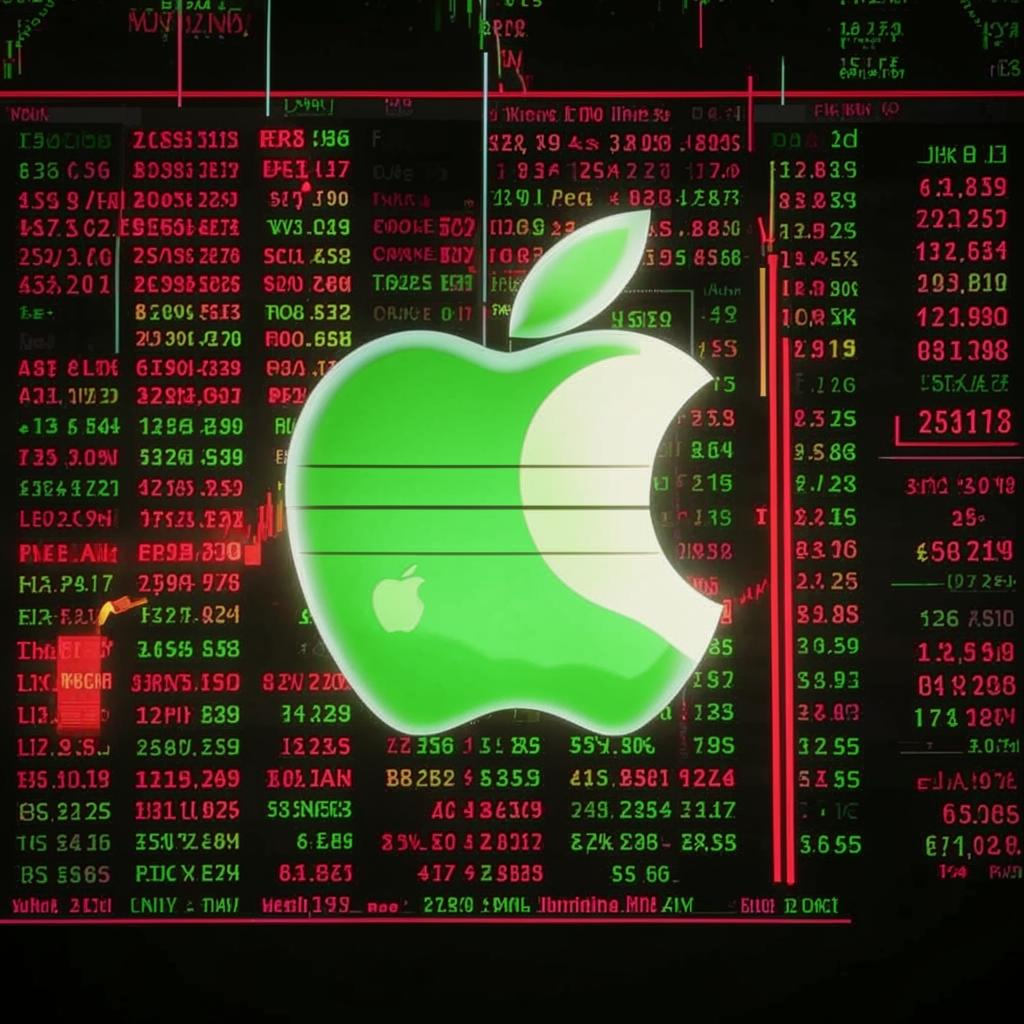Home Depot and Lowe’s recent performance has ignited concerns about the health of consumer spending. Home Depot’s stock price took a hit after the company suggested that consumer spending trends are weakening, and Lowe’s experienced a similar decline. These declines aren’t just about one company’s performance; they’re seen as indicators of broader economic trends.
Specifically, Home Depot executives cited slowing demand for big-ticket items and discretionary home improvement projects. This suggests that consumers are becoming more cautious with their spending, potentially due to inflation, higher interest rates, or general economic uncertainty. Lowe’s echoed some of these concerns, adding further weight to the narrative of a consumer pullback.
The home improvement sector is often considered a bellwether for the economy because it reflects consumer confidence and willingness to invest in their homes. When people are optimistic about the future, they’re more likely to undertake renovation projects and purchase new appliances or furniture. Conversely, when economic conditions appear uncertain, consumers tend to postpone these types of purchases, focusing instead on essential goods and services.
Analysts are now closely watching other retail and consumer-facing companies to see if these trends are widespread. A sustained period of weak consumer spending could have significant implications for economic growth. It could also lead to lower earnings for companies that rely on discretionary spending and potentially trigger further stock market volatility. Investors will be paying close attention to upcoming earnings reports and economic data to gauge the strength of consumer demand in the coming months. The big question is whether this slowdown is a temporary blip or a more sustained shift in consumer behavior.















